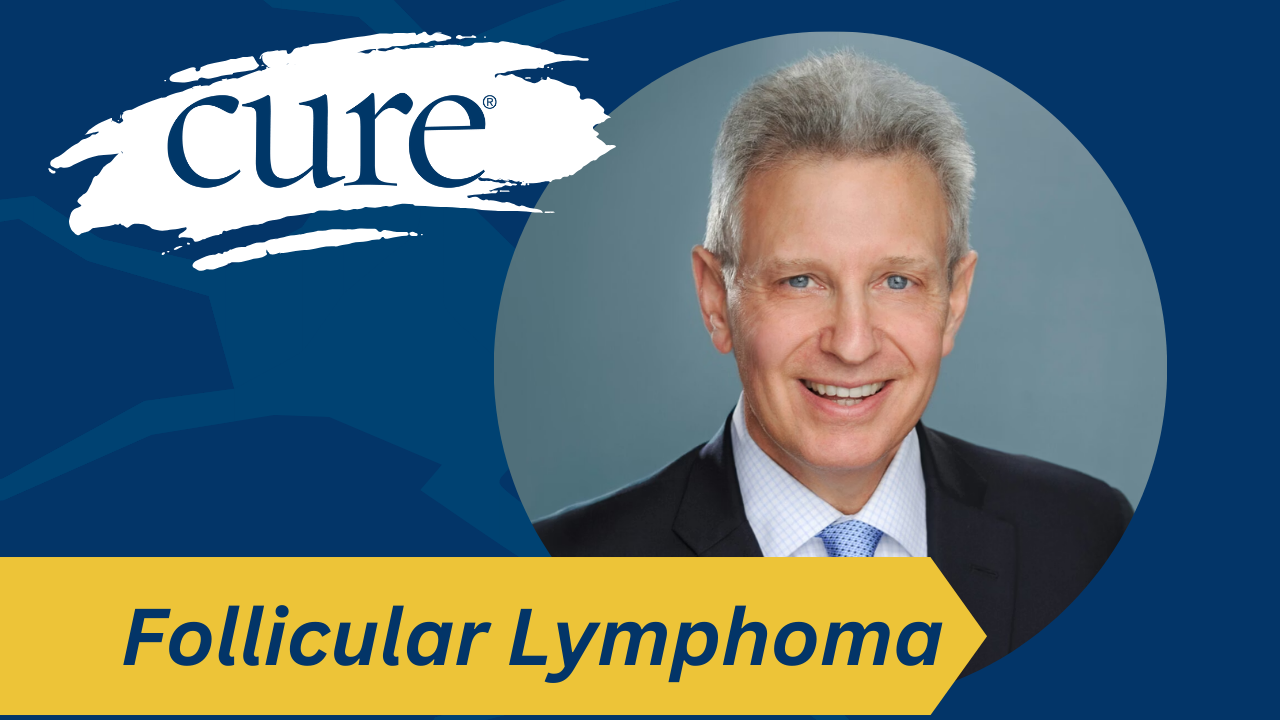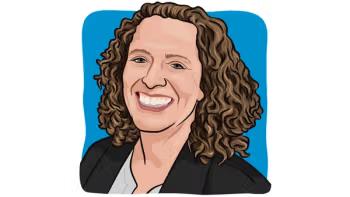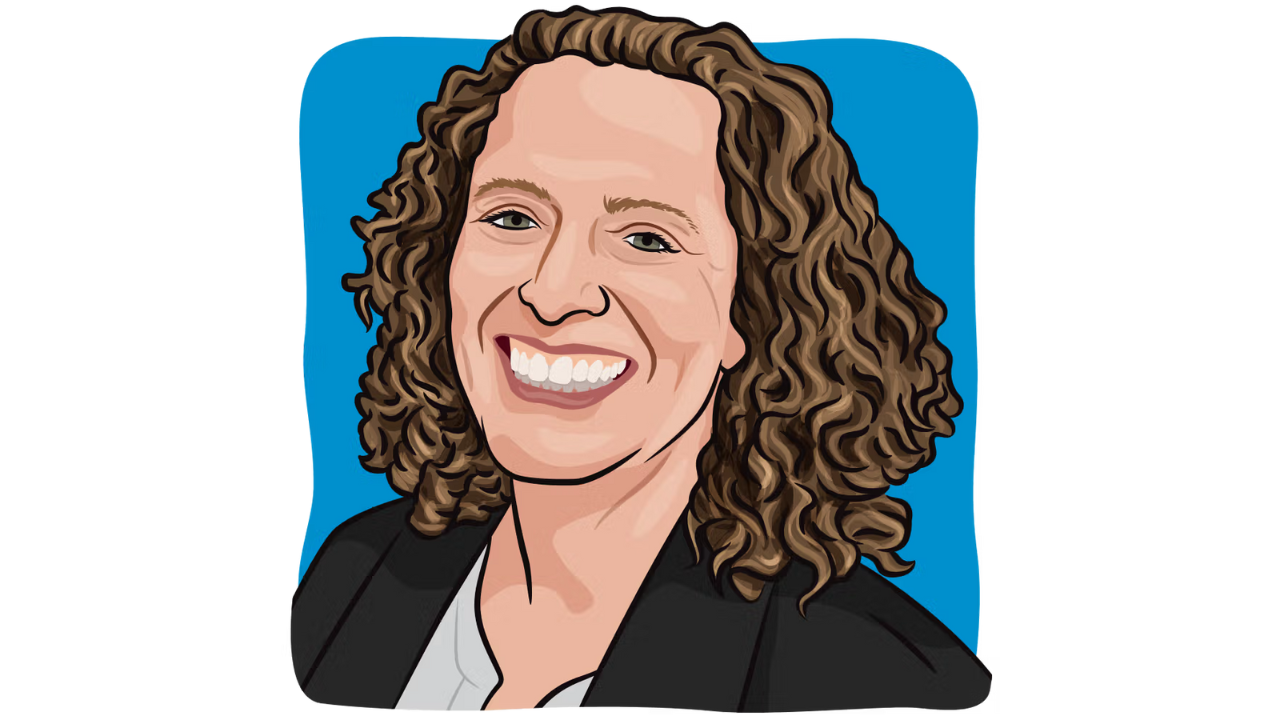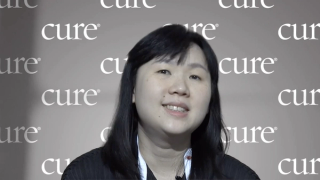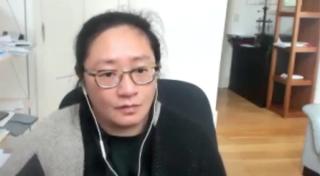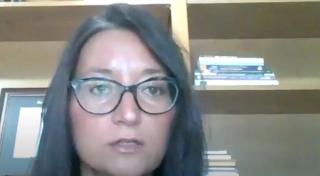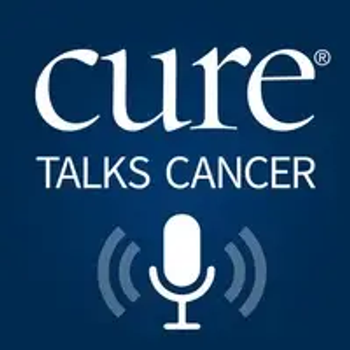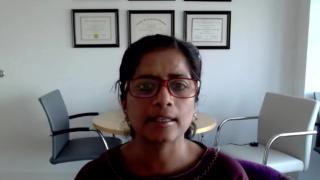
Follicular Lymphoma
Latest News
Latest Videos

Podcasts
More News
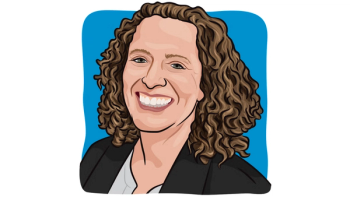
After her follicular lymphoma diagnosis, Karen Cohn reflects on how cancer reshaped her view of mortality and her choice to keep living fully.

After treatment for follicular lymphoma, I reflect on how cancer, retirement, and loss reshaped my sense of normal and what life looks like now.

Living with follicular lymphoma, I’ve learned many assumptions about cancer, remission and treatment side effects don’t reflect the reality I face.
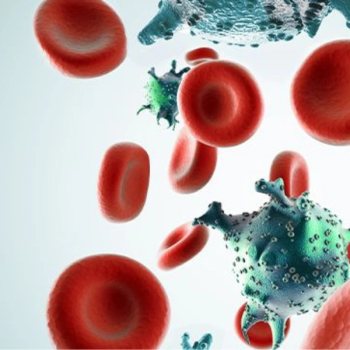
Epkinly with Rituxan and Revlimid, compared to Rituxan and Revlimid alone, reduced risk of progression or death by 79%.

When asked to choose a word other than “survivor” to describe myself, I chose “person” because cancer does not define who I am.

Four years after remission from follicular lymphoma, ongoing fear of relapse, lingering symptoms, and life stressors continue to weigh heavily on me.

It’s spring, a time for new beginnings following a cancer diagnosis; however, I have an ongoing issue that I can’t dismiss.

Life after treatment for follicular lymphoma brings long-term physical and emotional challenges, including immune system impacts and lasting social effects.

Living with follicular lymphoma, I challenge common misconceptions about cancer, highlighting the unique and varied experiences of patients with cancer.

My annual scan showed no cancer recurrence, but revealed some minor issues related to aging and potential fibroids, requiring monitoring and follow-up.

Despite being declared cancer-free after initial treatment, I grapple with survivor's guilt, questioning why my lymphoma responded to therapy while others did not.

When I started receiving treatment for follicular lymphoma, I wasn’t sure what to expect regarding treatment — and a lot of things were unexpected.

I’ve heard that trauma doesn’t make people stronger, and I’ve found that after cancer, I’m not the same person that I was before.

Even if care teams have all of your information on their end, advocating for yourself is still necessary during cancer treatment.

Whenever I get sick, I experience a few side effects that usually go away, but unexplained weight loss becomes a problem for me.

Recently, I met a fellow cancer survivor but after talking with her about cancer, I realized she had a different perspective than I did.
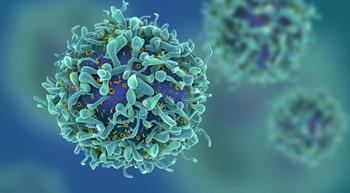
Monjuvi, Revlimid and Rituxan improved progression-free survival among adults with relapsed or refractory follicular lymphoma, topline research showed.

The militaristic terminology of “fighting a disease” does not sit well with me. After being diagnosed, I wasn’t fighting. I was reacting.

When I started experiencing symptoms of an infection, I was worried that my follicular lymphoma had returned.

Having a check-up appointment without receiving any type of scan is good, but also scares me.

“Everything happens for a reason,” is among some of the unhelpful things you can say to someone with cancer.

The Food and Drug Administration approved Epkinly, a bispecific T-cell engager, for certain patients with follicular lymphoma.

When I came across an article with advice written by an oncologist for patients, I thought about his advice carefully.

As someone with follicular lymphoma, I joined a cancer advocacy group, but it wasn't what I was expecting.

The Food and Drug Administration approved Breyanzi for patients with pretreated, relapsed or refractory follicular lymphoma.

